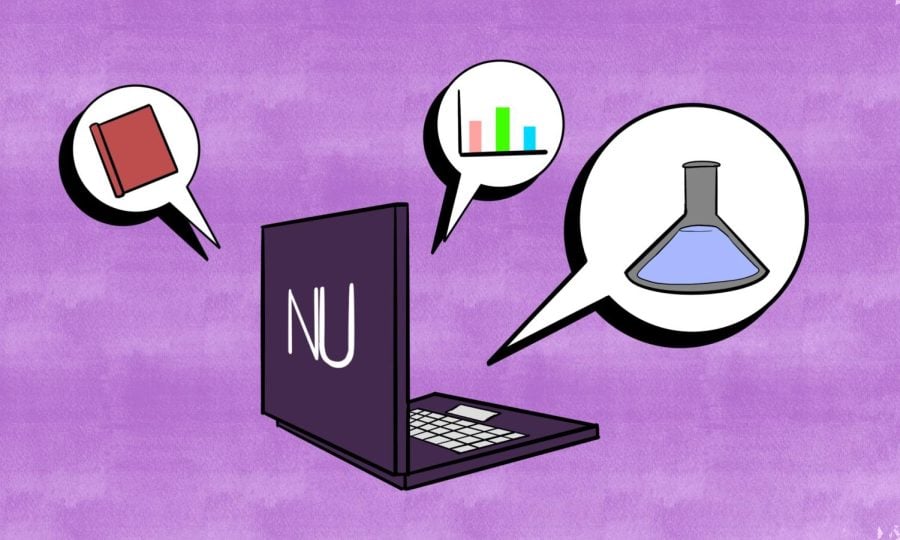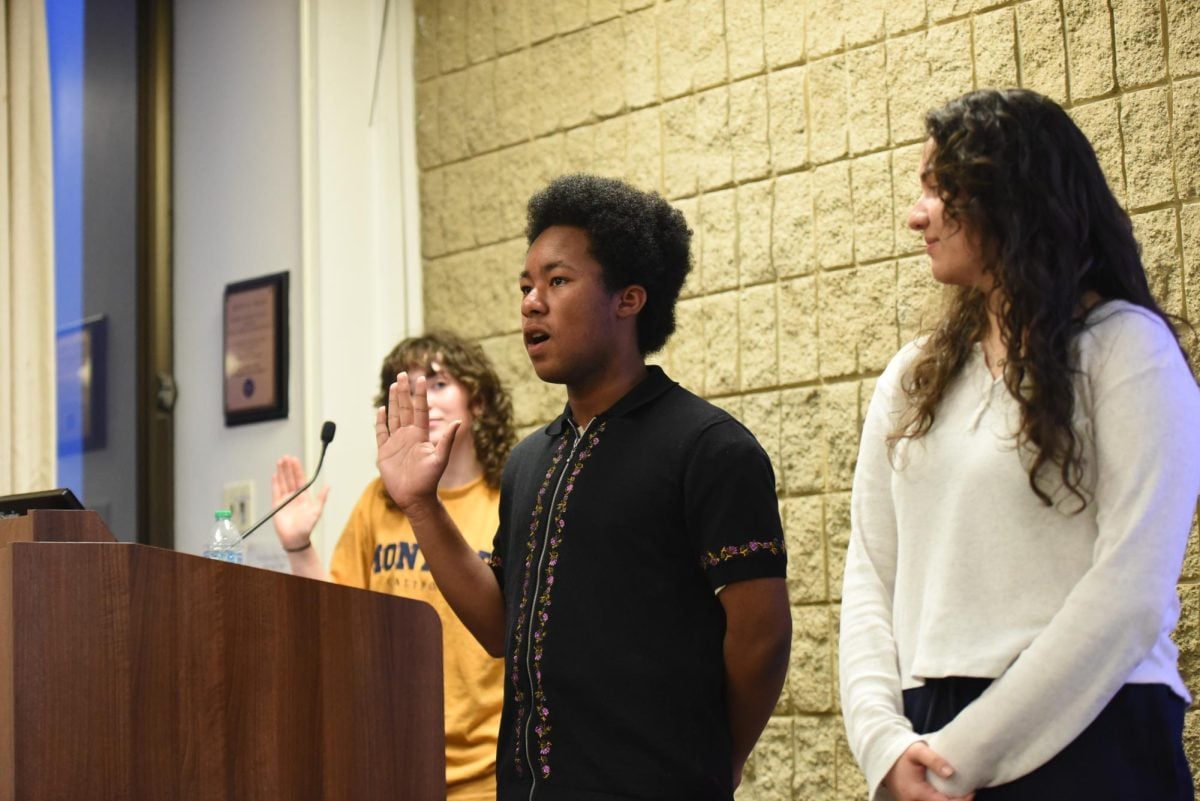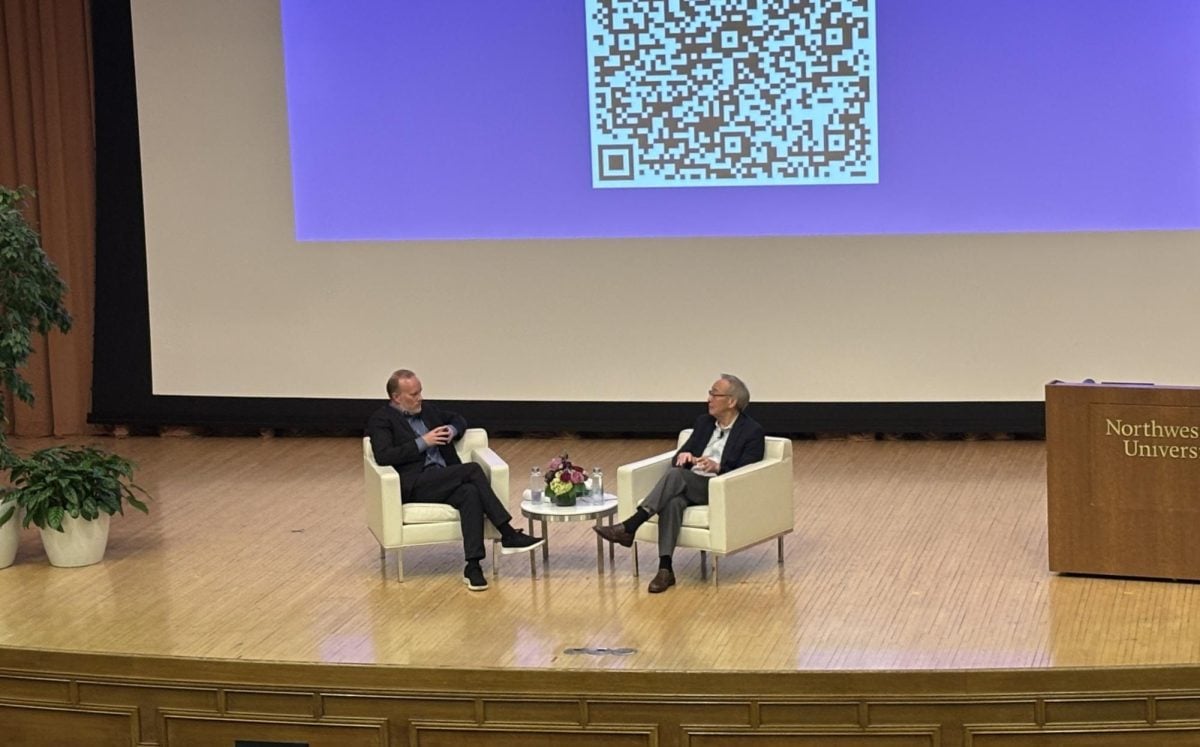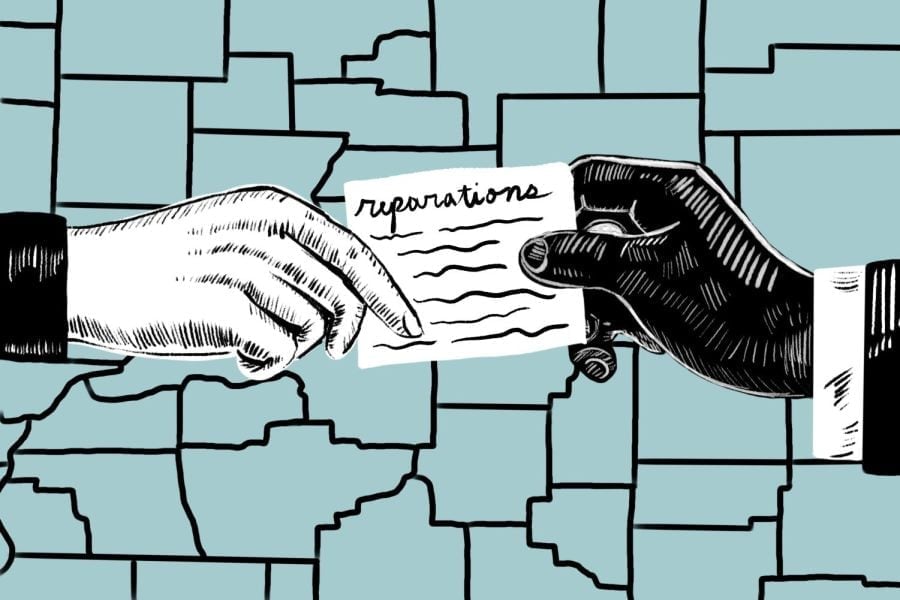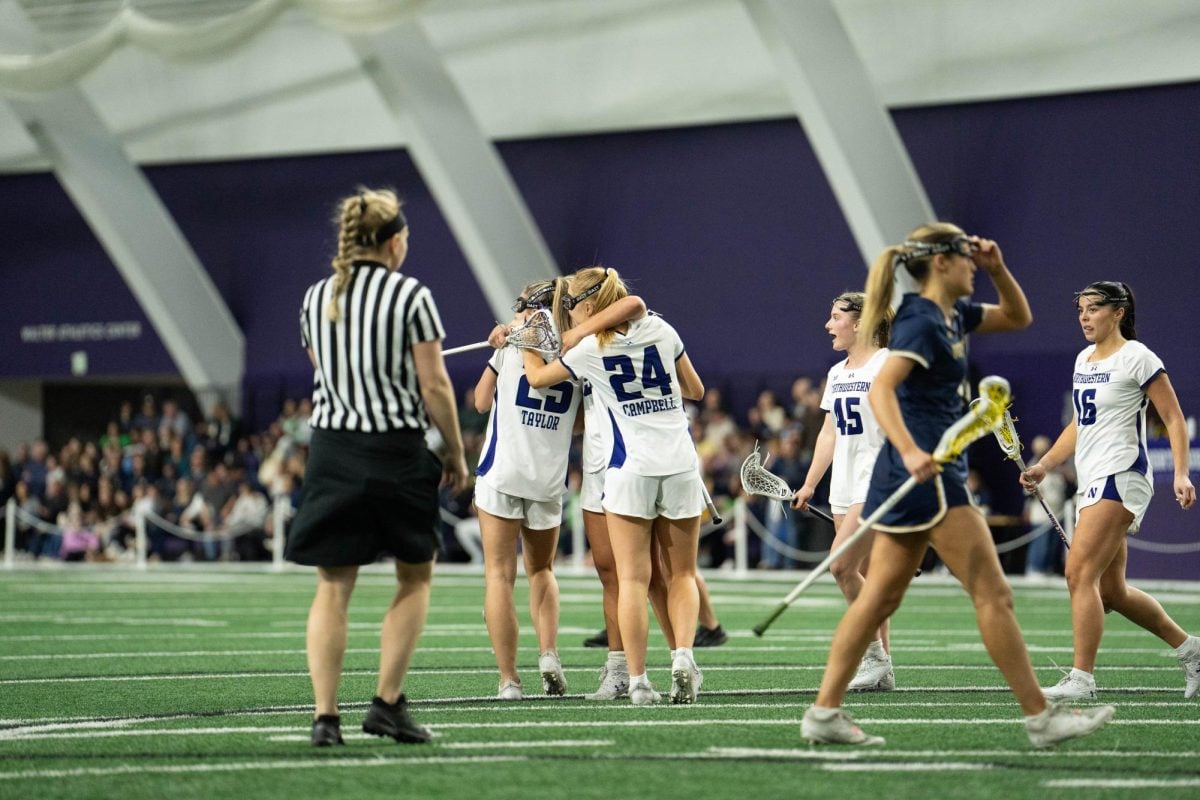When trying to go to downtown Chicago, rising Weinberg junior Jun Park realized the Purple Line often doesn’t come on time. He sometimes found himself stuck at Howard station for 20 minutes. He decided to use this summer to research solutions for Chicago’s public transportation system.
From passion projects to policy recommendations, Park and other Northwestern students are conducting research on every topic imaginable with support from the University.
Park is looking at Singapore’s public transport because he said it is known for being reliable and safe and cutting down car usage. Park’s research question is whether Singapore’s centralized governance — the Land Transport Authority — is more effective than Chicago’s divided agencies — the CTA, Metra and Pace particularly for minority populations.
Park received the Ginsberg Research Grant through the political science department to fund his flight to Singapore. Ahead of the trip, he is trying to schedule interviews with migrant workers. Currently, he said, Singapore does not allow them to use public transportation for work, instead using trucks for transport. While they are allowed to use public transport in their free time, Park said they tend to live in areas where such infrastructure does not exist.
Park wants to see whether having a centralized governing system deprioritizes the needs of certain populations like migrant workers. He hopes to write a policy recommendation for Chicago and other U.S. cities.
Rising Weinberg junior Ethan Bledsoe is using his passion for environmental and data science to ponder another issue in Chicago — health disparities near warehouses. Bledsoe said redlining and other policies have disproportionately hurt low income communities and communities of color by placing warehouses and other pollution hotspots near them.
The research process so far, Bledsoe said, has involved reading papers and manipulating data with the programming language R.
Bledsoe became interested in this topic through Climate Change Research Group meetings, where weekly paper discussions familiarized him with environmental modeling topics and jargon. Working with CCRG made summer research less overwhelming for Bledsoe. He became interested in the health impact side and the statistics the group produced.
“I’d done a lot of climate activism growing up and at home, but what I always really enjoyed (was) reading about the statistics that scientists would make,” he said. “I was like, ‘Oh, I could help make some of these statistics as part of my project.’”
He wants to develop statistics about disproportionate health impacts in Chicago for policymakers and activists.
Bledsoe was awarded a Summer Undergraduate Research Grant, a $4,000 stipend for eight weeks of full-time research. He appreciates the flexibility of the program, which allows proposals from all majors. His SURG advisor, Daniel Horton, is the CCRG leader.
Rising Weinberg senior Trevor Chau, has explored his interest in inorganic chemistry in the Hunter Lab over the past year.
Chau works on electrocatalytic processes, which he said is taking a solution, putting something in it, and passing electricity through it through electrodes to see what happens. This summer, Chau is working with blue dimer — two ruthenium atoms bound together by an oxygen atom. He is researching how to stabilize it in an oxygen evolution reaction, a chemical process producing molecular oxygen.
Chau said his work involves running reactions, prepping solutions and analyzing data. While he and other members of the lab help one another, he said his project is independent.
The work is sometimes tedious, Chau said, as he waits for reactions to run and for tests to come in. At times, he waits at his computer for half an hour. Chau learned that while we always hear about massive breakthroughs in science, “that doesn’t happen in a vacuum.”
“It takes a lot of time to get through it, a lot of trial and error,” he said. “I’m just permuting over and over…it’s rewarding to see progress.’”
Rising Weinberg junior and SURG recipient Lauren Dain took a personal route for her summer research. Her hobby is running marathons, so she is researching how athletic brands and sponsors have influenced women’s marathoning over time.
Women were originally banned from running marathons, so Dain was interested in the “women’s equality journey” and culture of female marathoning. She was curious about why participation in marathons has surged for women in the past 20 years.
Dain is conducting archival research — reading books on early female marathoners — and interviewing runners ranging from recreational marathoners to semi-professional runners. The unique stories and the barriers these women have faced have been the most interesting part of her research, Dain said.
“Women’s running shoes weren’t around until the early 80s, so a lot of women were just running in literal tennis shoes or men’s shoes. There were no sports bras,” Dain said. “(Things that) I think a lot of people in sports take for granted now, people didn’t have, even 50 years ago.”
Dain said she is going to synthesize the history of women’s marathoning into a blog with four installments.
This summer, Dain has learned to focus on meeting her goals. No one is telling her what to do each day, so she has to be self-directed. SURG has been a good learning experience about independent research, she said.
She said she mainly applied for SURG because she felt it was unique to the college experience to be able to research this “passion project” that isn’t necessarily tied to her academic plan.
“I’m very lucky to be able to just talk to all these really cool runners and read these books and develop this project,” she said.
Email chiarakim2025@u.northwestern.edu
Twitter: @chiarafkim
Related Stories:
— NU’s Summer Class Schedule offers flexibility, opportunities for academic advancement
—Hartmann lab harnesses viruses to fight disease, reduce pollution
— Asian American Studies Program students present projects at annual senior symposium

